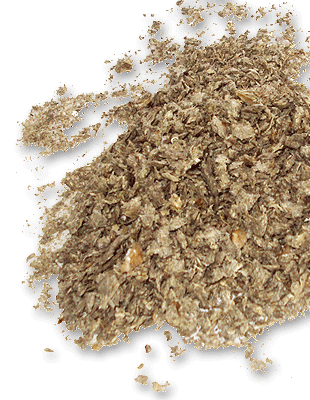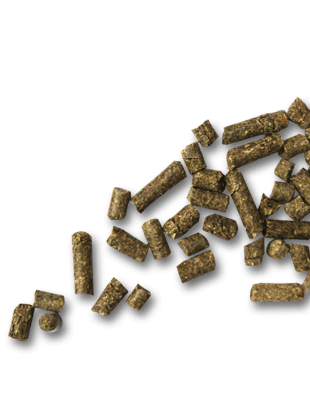RDP project database
Production and Sale of Straw and Fuel Pellets
Summary
The project aims to produce fuel pellets made of rapeseed straw, as well as producing pellets of normal straw that can be used as a floating crust in slurry containers. This will create a new activity for the farmer during winter time.
Background
The idea of the project originated in order to make use of the farm's own products, as well as to create activtities to make better use of the farm buildings during the winter season. The procurement of a pellet mill will also secure work for the applicant during the winter semester, when the workload on the farm is normally substantially less than in the summer season.
Objective
The objective of the project is that through the processing of straw more added value will be achieved leading to improved profit. The pellet mill has such a large capacity that, in addition to pressing the applicant's own straw, it can process straw from other farmers and thereby make the applicant less dependent on his own harvest. It is also the objective to press different types of straw that can be used for a variety of purposes.
Main activities
The main activity of the project is a pellet mill. The objective is that this pellet mill will compact straw into pellets, making the straw more usable for a larger target group. Rape straw will be used for fuel since the fuel value of rape straw is greater than normal straw. In this way, one of the waste products from agriculture can be utilised too.Ordinary straw will also be pressed and can be used, for example, as a floating crust for fertiliser containers or as straw in stables.
Results & Benefits
The main result of the project has been the major interest in the range of new products. This brought economic benefits for the applicant and ensured job retention for the farmer. The great demand for fuel pellets also has a markedly positive environmental effect, since straw is a CO2-neutral source of fuel. The project has thus had a positive economic effect for both the applicant and for purchasers of the pellets, as well as protecting the environment.
Lessons learnt
The project has shown us that it is possible to use already existing buildings and labour to produce attractive products from agricultural waste products. However, it is clear that this type of production is generally time-consuming, especially during the start-up phase, and that this can effect other farm operations. That said, the project is an excellent example of how labour can be retained in rural districts.
Project location and other information
Haderslev Kommune, Sønderjylland
Region
Syddanmark
RDP Territory
Denmark
Total project cost (€)
95 400
EAFRD contribution (€)
23 850
National contribution (€)
23 850
Private contribution (€)
47 700
Project website
Contact name
Jens Olaf Matzen
Telephone
4042 6432
Languages for contact
English, Danish
At a glance
Country
Denmark
Final beneficiary type
Individual farmers, Local Action Group
Budget range
€20 000 - €99 999
Start date:
02/11/2009
End Date:
25/01/2012
Theme / Measure:
• Rural Quality of Life & Economic Diversification
• Rural economic diversification
• 311. Diversification into non-agricultural activities
Keywords:
Agricultural waste, Heat supply, Local Action Group, Employment, Farm diversification
Last update
15/02/2012





